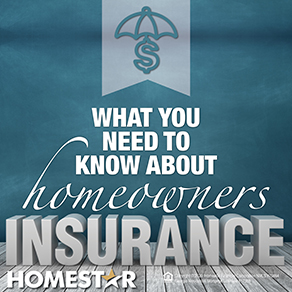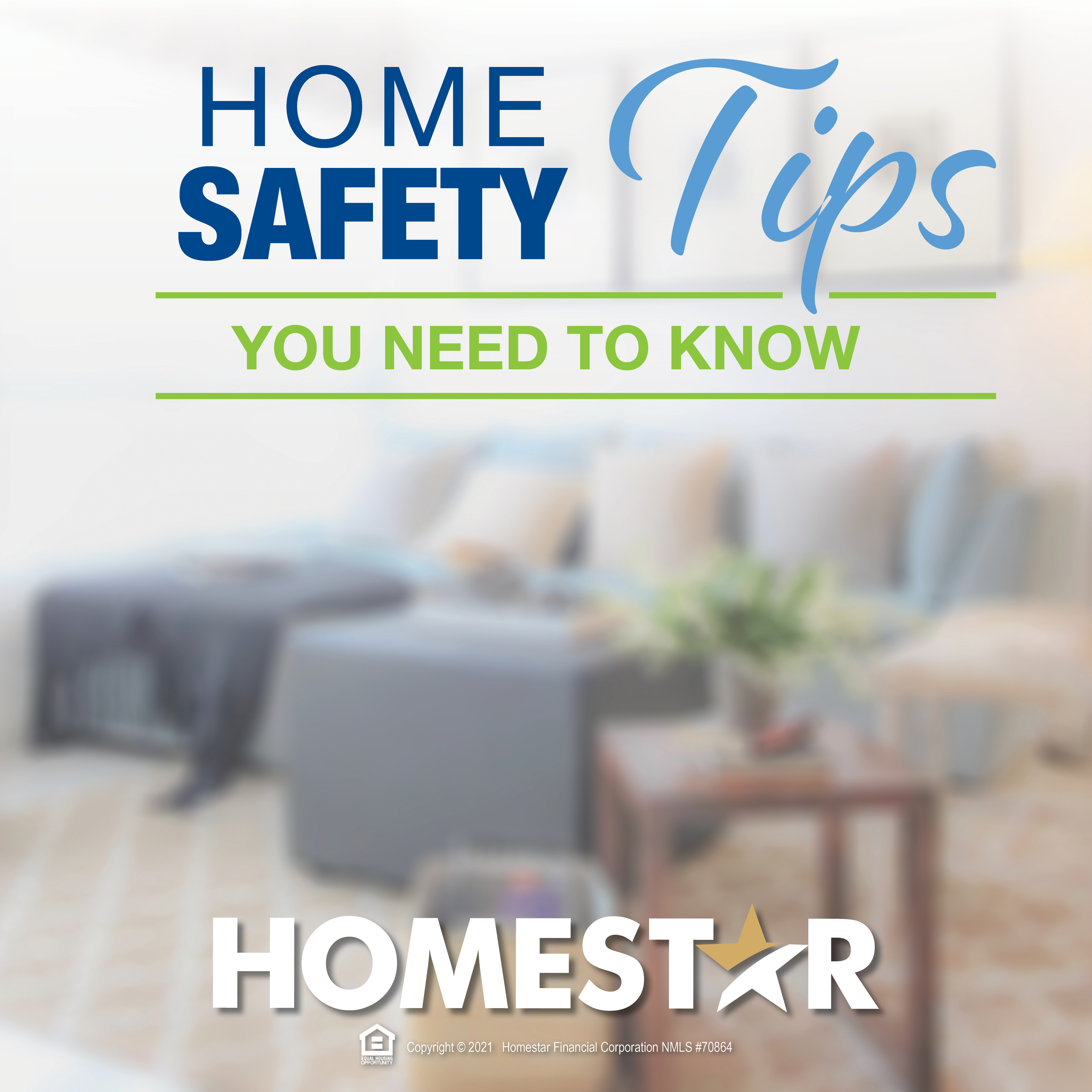
Here’s what you need to know about homeowners insurance:
Homeowners insurance can be customized and covers a broad range of possible damages, which can include:
- Dwelling: Repair or rebuild damage to the interior or exterior of the home
- Other structures: Protect structures not attached to the home, such as fences and sheds
- Personal property: Loss or theft of possessions, such as clothing, furniture, electronics, and more
- Liability protection: For injuries or damage to someone or someone else’s property while on your property
- Loss of use (ALE; Additional Living Expenses; Coverage D): Typically, it is 20 percent of your dwelling coverage limit and covers additional living expenses or costs that might incur if a covered event makes your home temporarily unavailable (needs to be rebuilt or repaired)
Additional coverage can be purchased in addition to the standard homeowners insurance policy, such as coverage for damage caused by earthquakes and floods. Your mortgage lender may require you to purchase additional insurance to cover floods.
Other terms to be aware of:
- Deductible: Amount paid out-of-pocket before insurance kicks in; a higher deductible means a lower annual premium.
- Premium: Price paid for insurance, usually monthly or annually.
- Riders: Coverage you can include for specific items, such as fine art of jewelry.
Homeowners insurance does not typically cover the following (though you can purchase special coverage for some):
- Mold or mildew
- Dry rot or wet rot
- Sewer or drain backups
- Sinkholes
- Floods
- Construction work damage
- Termite infestation
- Stolen or destroyed cash
- Trampoline accidents
- Animal attacks
- Pool accidents
- Explosions
- Jewelry or fine art
So, where do you begin? Here are steps you can take to find the right homeowners insurance for you:
1. Research and gather information about your home before you request homeowners insurance quotes, including:
- Address of your home
- Insurance appraisal
- Prior insurance inspection reports
- Prior insurance on the home
- Lender requirements (like flood insurance)
- The cost to rebuild
- Current materials used in the home (includes exterior)
- Additional structures on the property
- Age of the home
- Age of the roof
- Type of heating system
- Pools and trampolines you have
- Pets you have (certain dog breeds reflect a different price)
- And possibly more
You may also be asked to provide personal information when requesting homeowners insurance quotes. It’s a good idea to have this information handy:
- Date of birth
- Occupation
- Social Security Number
- Property history
- Liability questions (about pets, trampolines, pools, etc.)
Know what you need by looking into various levels of coverage. U.S. News and World Report recommends understanding each level of coverage:
- HO-2: Broad policy; protects against 16 perils named in the policy
- HO-3: Broader policy; protects against all perils in policy except those specifically excluded
- HO-5: Premium policy; protects newer, well-maintained homes
- HO-6: For co-ops/condominiums
- HO-7: Similar to HO-3; applies to mobile homes
- HO-8: Specifically for older homes; coverage similar to HO-2
2. Search online and contact multiple carriers of homeowners insurance, request quotes, and compare rates. The easiest way to do this is to contact an insurance broker with the details of your home, and they can compare and find the best rates for you. Look into and ask about discounts as well, such as bundling your auto insurance with your homeowners insurance.
Characteristics to look for when choosing a homeowners insurance company:
- Excellent customer service
- How well they handle claims (timely manner, any past issues, etc.)
- Coverage options
- Available discounts (bundling home and auto, etc.)
- Competitive pricing (you don’t always need to select the cheapest option)
- Background, years in business, finances, etc.
It’s also a good idea to ask family and friends for recommendations and to share their experiences with insurance companies.
3. When comparing rates, don’t just focus on the price. Dive deeper into what coverage is included or excluded and shop based on the value you are receiving for your money, as well as coverage for everything you need. Avoid paying for more than you need.
You may opt to escrow your insurance payments with your mortgage payments. Mortgage lenders typically prefer this as it confirms payments are being made and the property is always protected.
4. After deciding on the insurance company and coverage needed, notify your mortgage lender. Once the mortgage lender approves the policy and dates are set, you are ready to sign the contract!
The insurance carrier will likely perform an inspection to ensure all is in order and the coverage is correct. If anything is incorrect or you forgot to mention something, the adjuster will note any errors and changes will be reflected in the next bill.
If you have any questions regarding homeowners insurance or the process, please reach out to your local HOMESTAR Mortgage Loan Originator.
Source:
https://www.usnews.com/360-reviews/homeowners-insurance/things-to-know-when-buying-homeowners-insurance


